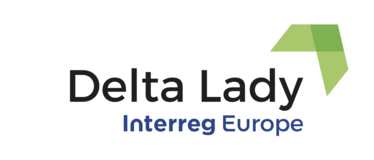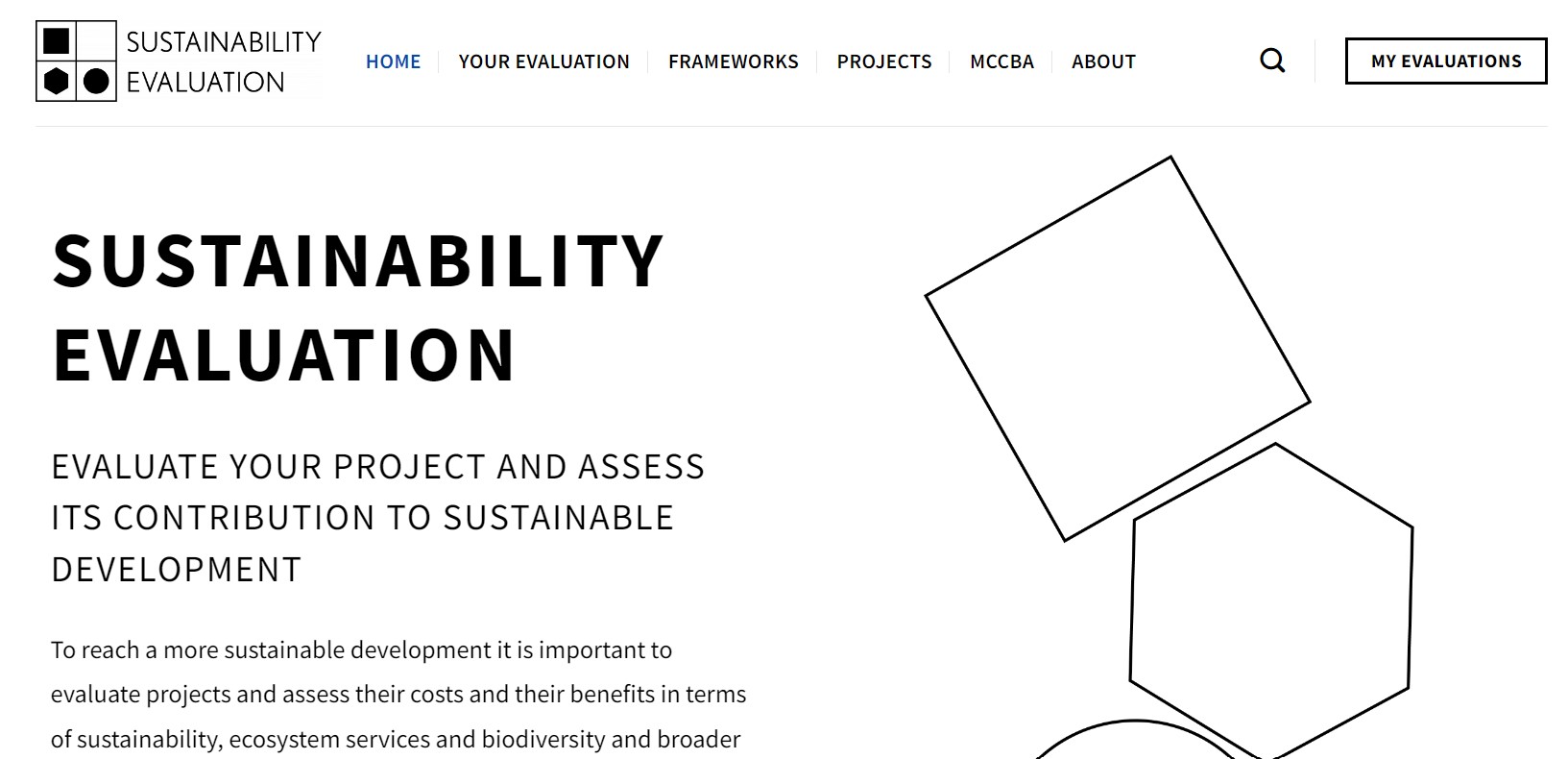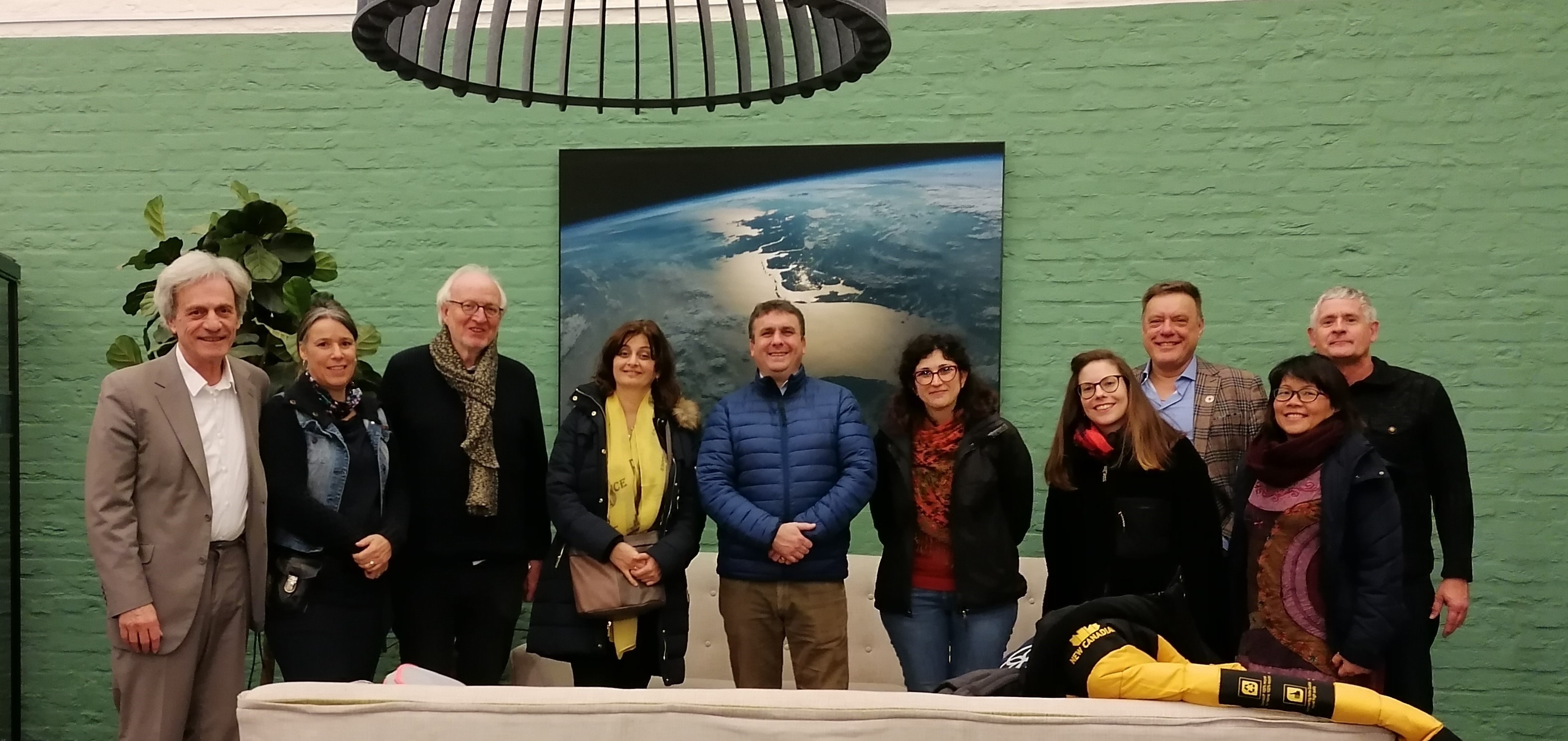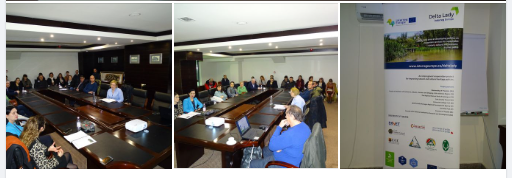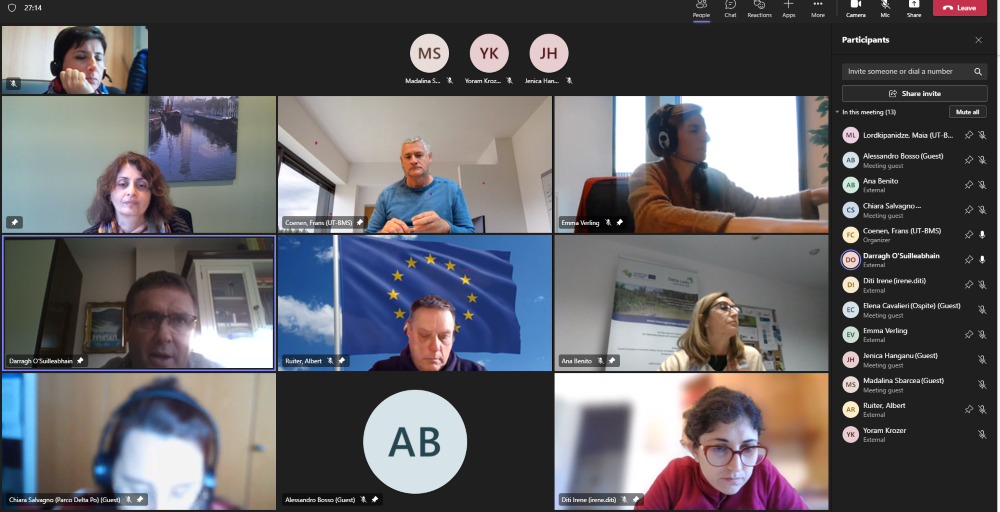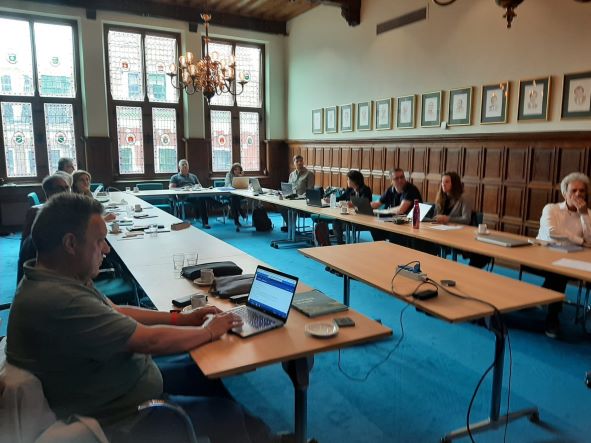The third RSG meeting was held on Tuesday 19th November 2019 at the Business Growth Hub, County Hall campus in Cork. Following the second RSG meeting some additional relevant stakeholders were identified as having a key role in the project. In this regard new group members from the EPA and Teagasc were identified.
A quadruple helix approach was adopted incorporating representatives from University College Cork (UCC), different departments from Cork County Council (CCC), The Forestry Service, The Department of Agriculture, Food and the Marine and LAWPRO, the Environmental Protection Agency, Teagasc, Inland Fisheries Ireland and Youghal Socio Economic Group. Some stakeholder group members contacted were not available to attend the meeting due to prior commitments including representatives from the The Department of Agriculture, Food and the Marine and the Environment Department.
The main topics discussed included an overview of the Delta Lady Project, project progress to date, an update on the best practices identified in the Cork Region to date, the methodology employed in classification and valuation of Ecosystem Services in the Blackwater Catchment, issues associated with agri-environmental schemes and accessibility along the River Blackwater.
The main focus of discussion was on agri-environmental schemes, links between agricultural intensification and water quality, water quality requirements associated with the Ironman event and the untapped potential for development of recreational tourism along the Blackwater due to the limited accessibility to the river at present. This tied in with the next focus of the project on Payments for Ecosystem Services upstream and recreational/eco-tourism initiatives downstream at Youghal. It also aligned with the development of best practice examples in Phase 1 working towards implementation of the project Action Plan in Phase 2.
The main feedback from the RSG participants related to the large interest among the farming community in agri-environmental grant schemes, the need to develop greater resilience within the Catchment which has an over reliance on dairy farming and the lack of accessibility along the Blackwater River at present which warrant further investigation. The shared learning experiences and discussion of best practices was a very positive outcome from the meeting.
In terms of policy context the current policy vacuum at national and local levels of Ecosystem Services (ESS) was identified. The inclusion of a specific policy objective on Ecosystem Services and inclusion of additional text and reference to some of the best practices chosen as part of the Delta Lady project in the Draft Regional Economic and Spatial Strategies (RSES) due for adoption before the end of the year was highlighted as an excellent platform for delivery of the target policy. This will also help to facilitate the recognition of ESS at a local level as part of the Cork County Development Plan review which will be next focus as a secondary target policy.
The main conclusion points reached from the meeting were related to:
- developing the identified best practice examples to date and linking them to improvements in water quality and economic development;
- working with the stakeholder group members on examples of Payments for Ecosystem Services within the Region
- further development and investigation of the following:
- best practice examples selected in the Region
- PES initiatives within the region including agri-environmental and EIP schemes
- accessibility on the Blackwater and untapped tourism initiatives potential
- potential afforestation grant payment schemes implementation
The main tasks that the stakeholders have been advised to consider in advance of the next RSG meeting are further development of the selected best practice examples, possible study visit locations, examples of Payments for Ecosystem Services within the region, any other relevant contacts/examples that should be considered and how their particular area of expertise and/or best practice example feeds into the overall project objectives.
